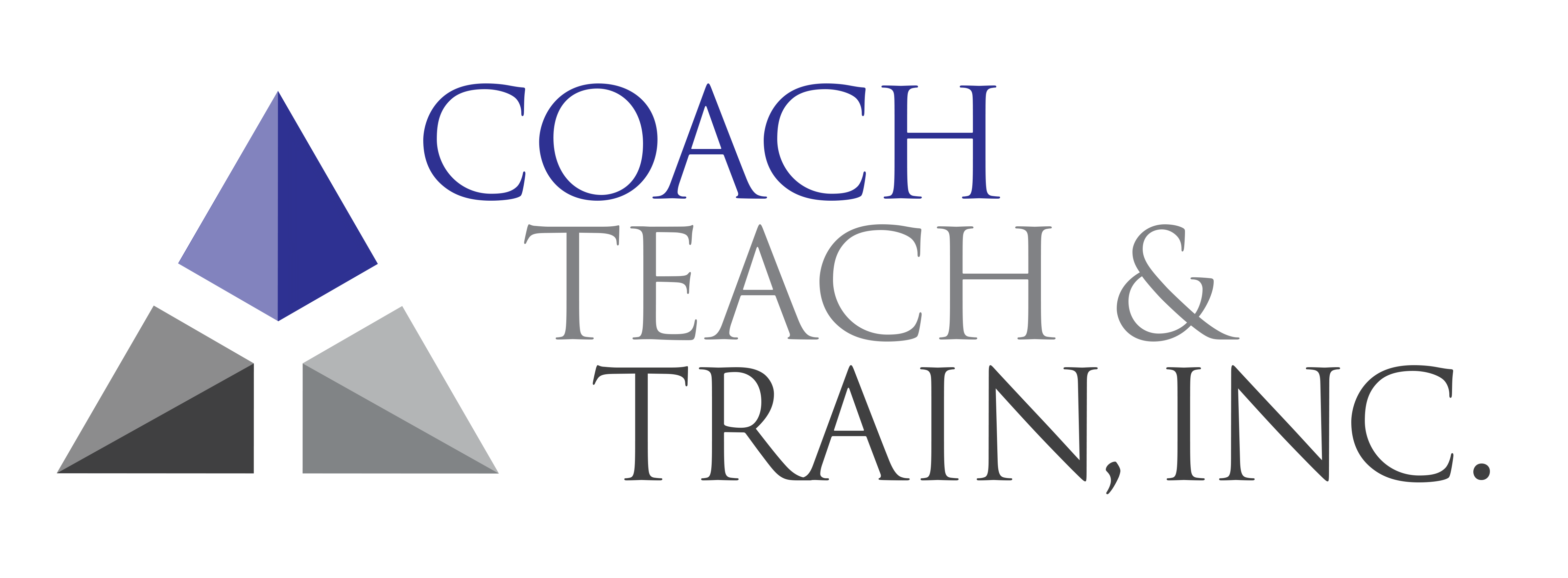Have you ever failed at something? How about a bunch of something’s? You may have heard the stories of Henry Ford, Thomas Edison, Oprah Winfrey (yes, she had a very rough childhood) or Abraham Lincoln; each of these people are examples of achieving greatness after experiencing great struggle or failure in areas of their lives. If you can please study these people as you will learn a lot about success and failure, yet it can seem a bit disconnected from your life and your reality.
Over my life, I have struggled and failed numerous times. Over time, I realized that the one singular constant was, myself. If I was going to change my circumstances, I was going to have to go to work on “me” and CHANGE ME. With many “experiences” I have been able to change how I think and what I think about.
During the past dozen years or more I have been able to study companies that are successful companies. It has been insightful (and many times a bit frustrating) to see people and companies that have suffered setbacks and failure in contrast with those that “appear” to have always seen success (when you dig deeper, this is clearly not the case from the beginning). The company (and owner) that has had struggled and had some “failures” is almost always stronger for it.
It seems that most companies struggle to find their “business identity” and most owners struggle with the same thing (coincidence?). When this happens failure begins to creep in. Many owners (not all) also seem to struggle with going from a worker to a manager to an Entrepreneur – Why is this and what is the “difference maker” in these situations?
On a consistent basis I have seen that for companies it is their culture and cultural values. Oftentimes companies lose their identity when they begin to grow; there is often the struggle of wearing “too many hats”, working too many hours and not working on the important things (like working ON the business or themselves). Owners want to “hold” the bottom line (which in many instances, as you are growing may not be possible) almost to a fault. They don’t want to spend the necessarily money to keep up with hiring more people, investing in technology, etc… Generally, it becomes just about going through the days trying to put out fire after fire and eventually “someone else will do it” creeps into the company culture. What happens when there is no “someone else”?
Leaders realize that they have to work at being successful and LEAD through their examples. This could be an example of knowledge being passed along, grooming the right person for the next position, calming fears about what is going on within the economy, etc… It could be Leading by having a vision for the Company and themselves. It may be that they need to hire additional staff and make the decision to do so even when it may be scary to do it.
Great leaders realize that Companies that fail to train – DEEP within their organization – struggle with things when “stuff” happens. This is because it was always up to one or two key individuals who were making most of the key/critical decisions. When the company grows and if something happens to any one of those people there is a struggle to remain consistent with the pace that had been taking place before.
Owners wanting to become great leaders have to implement change for themselves and for others within their company. One change is to TRAIN DEEP within the company, this means that you have an organized approach to recruiting, hiring, orientation and training. I heard Steven Little (The Milkshake Moment) speak a while ago and I believe he said “you can’t train Brain”. WHAT?? When I heard this it really made me think. I took this to mean that you have to hire people who have “aptitude”. As a leader hiring the right people for the right position is a KEY item for your business, failing to do so will cost time, energy and money.
So, IF failure CAN lead to SUCCESS then why is failure an issue? WHY are we afraid to “fail” in our business culture? Because we are almost always driven by success. Who has the most of “x”. Who is the biggest, the brightest and the best? Don’t get me wrong I am ALL about competition, but the resultant issues often times leads to failure. What prevents some from making the solid “leadership” decision? Many such decisions are the tough calls and that is why they are generally made by leaders. They may not be pleasant but the leader knows that they have to do to “make the call”.
Many owners fail because they don’t know what is expected of them, they are not sure of what to do or how to do it. Most anyone can lead a company when business is good and decisions seem easy when there is plentiful cash and your team is performing as expected. On the other hand it takes a strong leader to drive a company when things are not working as expected. During challenging times your employees will look to you for direction, vision, encouragement and answers. Uncertain times require a solid plan; the plan may need to adjust due to the current situation but you still need to be proactive in your direction.
Without question company owners will make some poor decisions over time. Actually, this is very normal because they are using their existing “data base” of information and responding (reacting) to things in the way that they have generally done so before. Some of these decisions may appear to be successful when they are made in the vacuum of a small company but as a company grows those same decisions may cause a failure. In a larger environment those decisions will sneak up on them, one too many poor hires, not understanding how the marketplace is working, and even looking for answers in all the wrong places.
Let’s be clear, making mistakes is part of each Leaders growth curve, and frankly the more mistakes a person makes (and if he/she will evaluate the “why” or why the mistake happened) the MORE a person will grow into a leader.
The presence of challenges (through failures and successes) allows you to express your leadership. Your staff is looking for something to grab onto that will give them confidence, the pathway to success often comes down to how you respond to a difficult situation and how you craft a proactive plan that will help pull you/your company out of your situation. This plan is one that will need to motivate your staff so it should be compelling and meaningful as well.
As a leader remember that when you give members of your team responsibility to also give them the authority to make decisions as well. You need participation from your team so they have buy-in to the process and they also will be accountable for the results. Achievement of the desired results requires some recognition and perhaps even previously defined incentives. If the outcome is not what was desired or expected (failure?) then, the effective leader needs to coach his people through the process with a keen eye towards development within their company.
As a leader you need to be an exceptional communicator – especially during challenging times. You need to be open to questions and be very available to your staff as your ability to address concerns is essential and your formal communications need to be routine and scheduled. Set goals and prominently and make sure to measure and celebrate results!
One last thought, please make sure to get out of the office and take the lead bringing your message to the marketplace. If you are depending on your staff to convey a message to the market it will likely not happen as you would like it to be or the wrong message may be delivered. It is essential that you set the example and be out front in this process –
LEAD! Go to some meetings, visit some jobs, talk to customers and contacts that you have and listen to what they have to say. THIS is a huge key to developing your company and you will learn what is working and will learn what is not working.
The result of a proactive plan will be a healthy and strong company. Although it may not be an easy process it will be worth the effort – your company is depending on your LEADERSHIP!
For more information about our Coaching, Teaching and Training program, email Marty at Marty@CTT4You.com or visit https://www.coachteachandtrain.com


Recent Comments